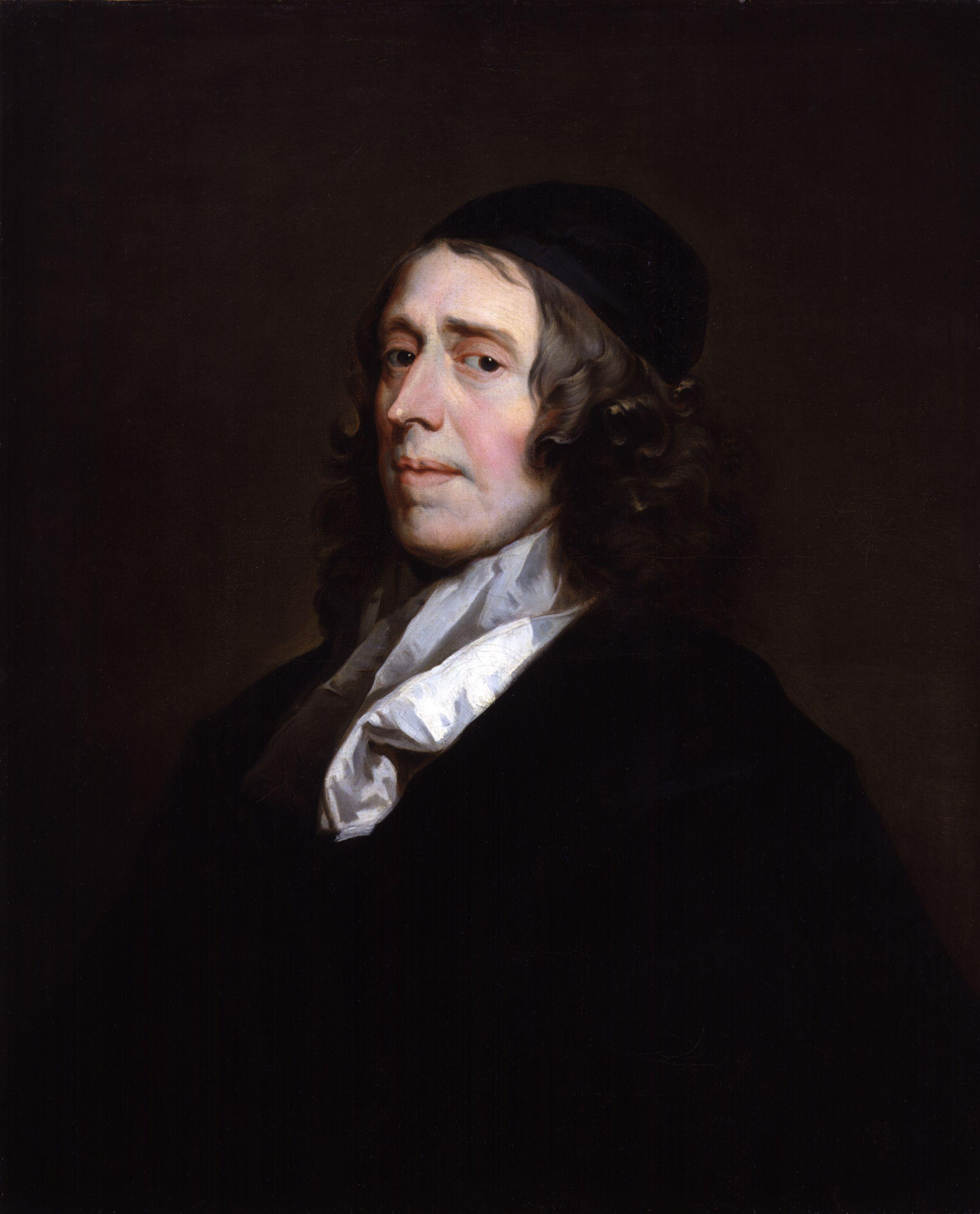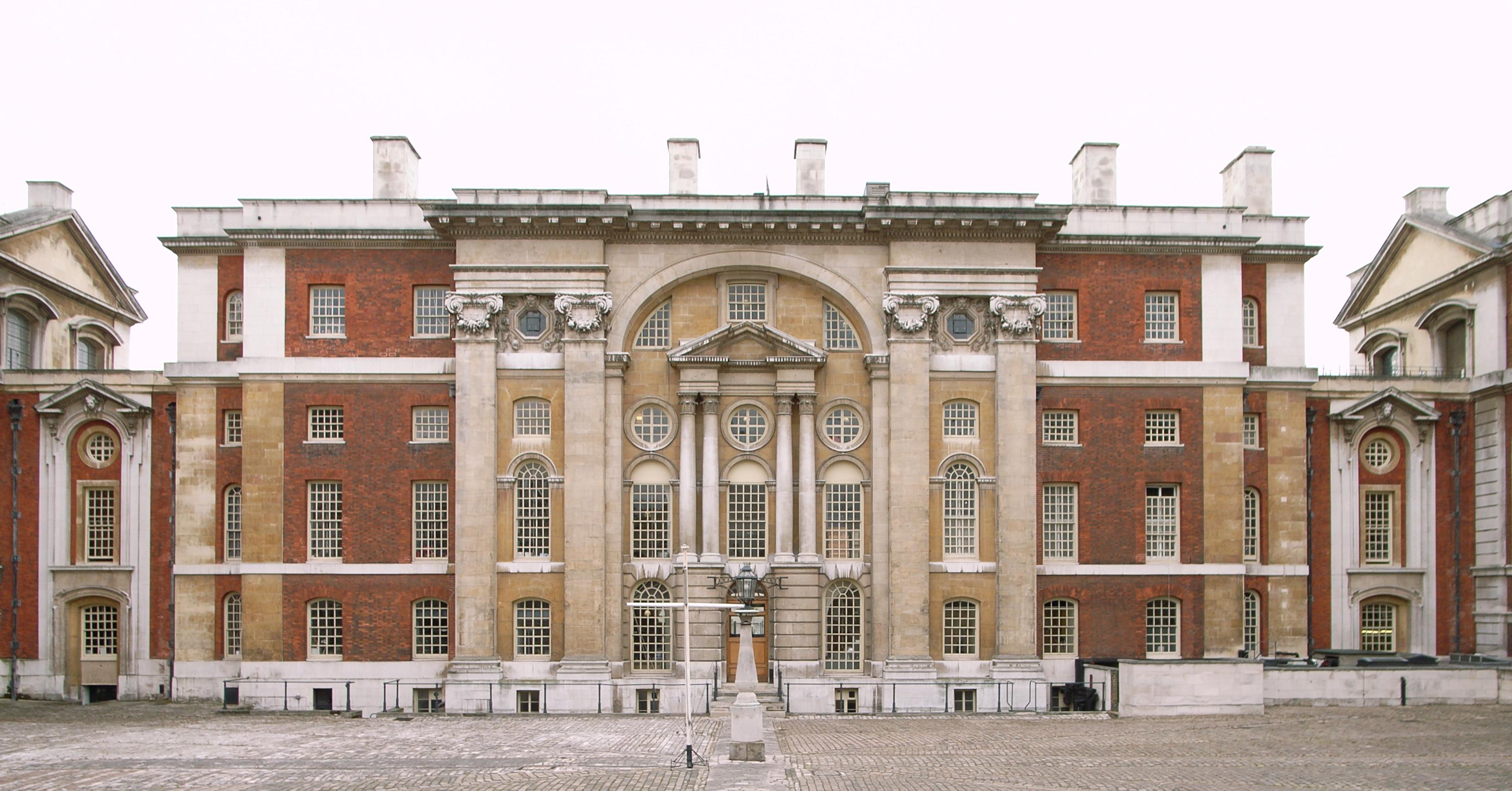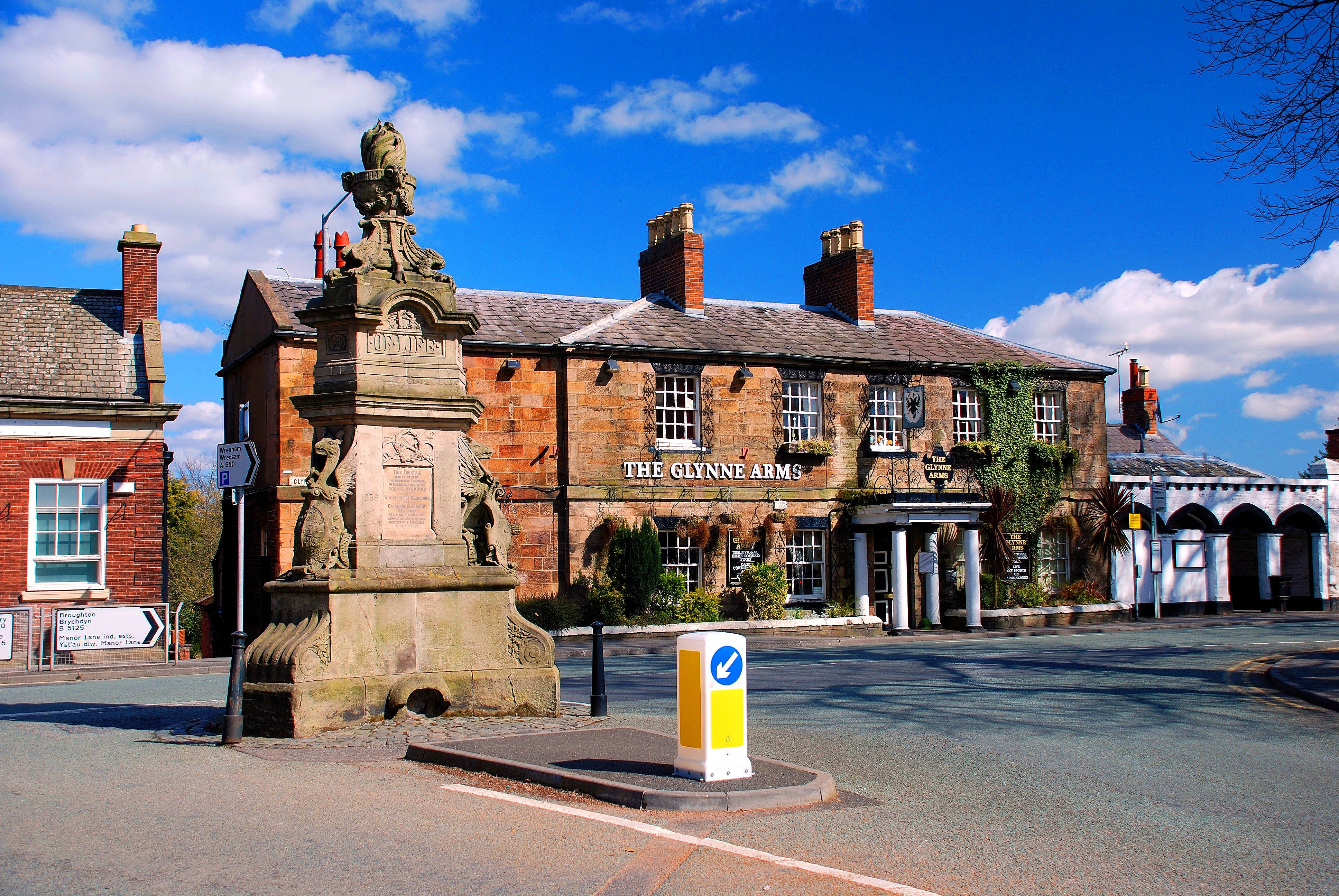|
Bernard Gardiner
Bernard Gardiner (baptised 25 September 1668 – 22 April 1726) was an academic at the University of Oxford, serving as Warden of All Souls College, Oxford, and also as Vice-Chancellor of Oxford University. Life Gardiner was the son of Sir William Gardiner, 1st Baronet, a lawyer and politician, and was baptised in Fareham, Hampshire, on 25 September 1668. His mother was Anne daughter and heir Robert Brocas of Beaurepaire, Hampshire. He was educated at Magdalen College, Oxford, matriculating there in November 1684 and holding a demyship (scholarship), but lost his position during a battle for supremacy between the college's officials and James II. Gardiner obtained his Bachelor of Arts degree in 1688, and became a Fellow of All Souls College in the following year. Thomas Tenison, the Archbishop of Canterbury, nominated him to become the Warden (head) of All Souls in 1702. He later added the degrees of Bachelor of Civil Law in 1693 and Doctor of Civil Law in 1698. Further positi ... [...More Info...] [...Related Items...] OR: [Wikipedia] [Google] [Baidu] |
University Of Oxford
, mottoeng = The Lord is my light , established = , endowment = £6.1 billion (including colleges) (2019) , budget = £2.145 billion (2019–20) , chancellor = The Lord Patten of Barnes , vice_chancellor = Louise Richardson , students = 24,515 (2019) , undergrad = 11,955 , postgrad = 12,010 , other = 541 (2017) , city = Oxford , country = England , coordinates = , campus_type = University town , athletics_affiliations = Blue (university sport) , logo_size = 250px , website = , logo = University of Oxford.svg , colours = Oxford Blue , faculty = 6,995 (2020) , academic_affiliations = , The University of Oxford is a collegiate research university in Oxf ... [...More Info...] [...Related Items...] OR: [Wikipedia] [Google] [Baidu] |
Vice-Chancellor Of The University Of Oxford
The Vice-Chancellor of the University of Oxford is the chief executive and leader of the University of Oxford. The following people have been vice-chancellors of the University of Oxford (formally known as The Right Worshipful the Vice-Chancellor): __TOC__ Chronological list * 1230 – Elyas de Daneis * 1270 – Robert Steeton * 1288 – John Heigham * 1304 – John de Oseworhd * 1311 – Walter Gifford * 1325 – Richard Kamshale * 1333 – Richard FitzRalph * 1336 – John de Ayllesbury * 1337 – John de Reigham * 1347 – Hugh de Willoughby * 1348 – William de Hawkesworth * 1367 – John de Codeford * 1368 – John de Codeford * 1377 – Robert Aylesham * 1382 – Fr Peter Stokes * 1386 – Henry Nafford or Yafford * 1389 – John Lyndon * 1391 – John Ashwardby * 1394 – Richard Ullerston * 1396 – Nicholas Faux * 1397 – William Farendon or Faringdon * 1399 – John Sna ... [...More Info...] [...Related Items...] OR: [Wikipedia] [Google] [Baidu] |
Thomas Brathwait
Thomas Brathwait D.D. was an English academic administrator at the University of Oxford. Brathwait was elected Warden (head) of New College, Oxford, in 1702, a post he held until 1712. During his time as Warden of New College, he was also Vice-Chancellor of Oxford University from 1710 until 1712. Thereafter he was warden of Winchester College Winchester College is a public school (fee-charging independent day and boarding school) in Winchester, Hampshire, England. It was founded by William of Wykeham in 1382 and has existed in its present location ever since. It is the oldest of the .... References Year of birth missing Year of death missing Wardens of New College, Oxford Vice-Chancellors of the University of Oxford 18th-century scholars Wardens of Winchester College {{UOxford-stub ... [...More Info...] [...Related Items...] OR: [Wikipedia] [Google] [Baidu] |
Stephen Niblett
Stephen Niblett D.D. (1697–1766) was an English academic administrator at the University of Oxford. Niblett was elected Warden (head) of All Souls College, Oxford in 1726, a post he held until 1766. During his time as Warden of All Souls College, he was also Vice-Chancellor of Oxford University from 1735 until 1738. A monument to Niblett and his wife Elizabeth was erected at All Souls College, Oxford in 1766, being sculpted by Nicholas Read Nicholas Read is an American physicist, noted for his work on strongly interacting quantum many-body systems. Biography Read was born in Britain in 1958 and did his undergraduate education at Cambridge University. He completed his PhD at the ....Dictionary of British Sculptors 1660-1851 by Rupert Gunnis p.316 References 1697 births 1766 deaths Wardens of All Souls College, Oxford Vice-Chancellors of the University of Oxford {{UOxford-stub ... [...More Info...] [...Related Items...] OR: [Wikipedia] [Google] [Baidu] |
Leopold William Finch
Leopold may refer to: People * Leopold (given name) * Leopold (surname) Arts, entertainment, and media Fictional characters * Leopold (''The Simpsons''), Superintendent Chalmers' assistant on ''The Simpsons'' * Leopold Bloom, the protagonist of James Joyce's ''Ulysses'' * Leopold "Leo" Fitz, a character on the television series ''Agents of S.H.I.E.L.D.'' * Leopold "Butters" Stotch, a character on the television series ''South Park'' * General Leopold von Flockenstuffen, a character in the BBC sitcom Allo 'Allo!'' * Leopold the Cat, Russian cartoon character Other arts, entertainment, and media * Leopold (prize), a biennial German prize for music for children * ''Kate & Leopold'', 2001 romantic comedy film * ''King Leopold's Ghost'', popular history book by Adam Hochschild * "King Leopold's Soliloquy", 1905 pamphlet by Mark Twain. * ''Leopold the Cat'', television series * Léopold Nord & Vous, Belgian musical band Brands and enterprises *Leopold (publisher), a Netherlands-b ... [...More Info...] [...Related Items...] OR: [Wikipedia] [Google] [Baidu] |
Oxford University Press
Oxford University Press (OUP) is the university press of the University of Oxford. It is the largest university press in the world, and its printing history dates back to the 1480s. Having been officially granted the legal right to print books by decree in 1586, it is the second oldest university press after Cambridge University Press. It is a department of the University of Oxford and is governed by a group of 15 academics known as the Delegates of the Press, who are appointed by the vice-chancellor of the University of Oxford. The Delegates of the Press are led by the Secretary to the Delegates, who serves as OUP's chief executive and as its major representative on other university bodies. Oxford University Press has had a similar governance structure since the 17th century. The press is located on Walton Street, Oxford, opposite Somerville College, in the inner suburb of Jericho. For the last 500 years, OUP has primarily focused on the publication of pedagogical texts and ... [...More Info...] [...Related Items...] OR: [Wikipedia] [Google] [Baidu] |
Oxford Dictionary Of National Biography
The ''Dictionary of National Biography'' (''DNB'') is a standard work of reference on notable figures from British history, published since 1885. The updated ''Oxford Dictionary of National Biography'' (''ODNB'') was published on 23 September 2004 in 60 volumes and online, with 50,113 biographical articles covering 54,922 lives. First series Hoping to emulate national biographical collections published elsewhere in Europe, such as the '' Allgemeine Deutsche Biographie'' (1875), in 1882 the publisher George Smith (1824–1901), of Smith, Elder & Co., planned a universal dictionary that would include biographical entries on individuals from world history. He approached Leslie Stephen, then editor of the ''Cornhill Magazine'', owned by Smith, to become the editor. Stephen persuaded Smith that the work should focus only on subjects from the United Kingdom and its present and former colonies. An early working title was the ''Biographia Britannica'', the name of an earlier eightee ... [...More Info...] [...Related Items...] OR: [Wikipedia] [Google] [Baidu] |
Whalley-Smythe-Gardiner Baronets
The Whalley-Gardiner, later Whalley-Smythe-Gardiner Baronetcy, of Roch(e) Court in the County of Southampton, was a title in the Baronetage of Great Britain. It was created on 14 January 1783 for John Whalley-Gardiner, Member of Parliament for Westbury, with remainder, failing male issue, to his brothers and their issue male. Born John Whalley, he was the second cousin and heir of Sir William Gardiner, 3rd and last Baronet, of Roche Court (dsp. 1779), and assumed the additional surname of Gardiner on succeeding to the Gardiner and Brocas estates. The second Baronet (brother of the first Baronet) assumed the additional surname of Smythe on succeeding to those estates. The third Baronet was High Sheriff of Hampshire in 1810. The title became extinct on the death of the fourth Baronet in 1868. Jane Elizabeth Whalley-Smythe-Gardiner, daughter of the second Baronet, was the grandmother of John Jellicoe, 1st Earl Jellicoe. Mary Anna, third daughter of the third Baronet, was the wife ... [...More Info...] [...Related Items...] OR: [Wikipedia] [Google] [Baidu] |
George Clarke
George Clarke (7 May 1661 – 22 October 1736), of All Souls, Oxford, was an English architect, print collector and Tory politician who sat in the English and British House of Commons between 1702 and 1736. Life The son of Sir William Clarke, he enrolled at Brasenose College, Oxford in 1676. He was elected a Fellow of All Souls College, Oxford in 1680. He was returned in a contested by-election on 23 November 1685 as Member of Parliament for Oxford University, but never took his seat as Parliament had been prorogued. He became Judge Advocate to the Army and was Secretary at War in Ireland from 1690 to 1692 and in England from 1693 to 1704 under William III of England and Queen Anne. He served as secretary to Prince George of Denmark, Queen Anne's consort and the Lord High Admiral and Generalissimo of England. Clarke was returned as Member of Parliament for Winchelsea at the 1702 English general election, coinciding with his office as Joint Secretary of the Admiralty. At ... [...More Info...] [...Related Items...] OR: [Wikipedia] [Google] [Baidu] |
Nicholas Hawksmoor
Nicholas Hawksmoor (probably 1661 – 25 March 1736) was an English architect. He was a leading figure of the English Baroque style of architecture in the late-seventeenth and early-eighteenth centuries. Hawksmoor worked alongside the principal architects of the time, Christopher Wren and John Vanbrugh, and contributed to the design of some of the most notable buildings of the period, including St Paul's Cathedral, Wren's City of London churches, Greenwich Hospital, Blenheim Palace and Castle Howard. Part of his work has been correctly attributed to him only relatively recently, and his influence has reached several poets and authors of the twentieth century. Life Hawksmoor was born in Nottinghamshire in 1661, into a yeoman farming family, almost certainly in East Drayton or Ragnall, Nottinghamshire. On his death he was to leave property at nearby Ragnall, Dunham and a house and land at Great Drayton. It is not known where he received his schooling, but it was probably ... [...More Info...] [...Related Items...] OR: [Wikipedia] [Google] [Baidu] |
Hawarden
Hawarden (; cy, Penarlâg) is a village, community (Wales), community and Wards and electoral divisions of the United Kingdom, electoral ward in Flintshire, Wales. It is part of the Deeside conurbation on the Wales-England border and is home to Hawarden Castle (medieval), Hawarden Castle. In the 2011 United Kingdom census, 2011 census the ward of the same name had a population of 1,887, whereas the community of the same name, which also includes Ewloe (which also has a castle) Mancot and Aston, Flintshire, Aston had a population of 13,920. The scenic wooded Hawarden Park abuts the nucleated village, clustered settlement in the south. Hawarden Bridge consists of distribution and industrial business premises beyond Shotton, Flintshire, Shotton/Queensferry, Flintshire, Queensferry and the River Dee (Wales), Dee. The west of the main street is called The Highway, its start marked by the crossroads with a fountain in the middle, near which are public houses, some with restaurants. ... [...More Info...] [...Related Items...] OR: [Wikipedia] [Google] [Baidu] |
Rector (ecclesiastical)
A rector is, in an ecclesiastical sense, a cleric who functions as an administrative leader in some Christian denominations. In contrast, a vicar is also a cleric but functions as an assistant and representative of an administrative leader. Ancient usage In ancient times bishops, as rulers of cities and provinces, especially in the Papal States, were called rectors, as were administrators of the patrimony of the Church (e.g. '). The Latin term ' was used by Pope Gregory I in ''Regula Pastoralis'' as equivalent to the Latin term ' (shepherd). Roman Catholic Church In the Roman Catholic Church, a rector is a person who holds the ''office'' of presiding over an ecclesiastical institution. The institution may be a particular building—such as a church (called his rectory church) or shrine—or it may be an organization, such as a parish, a mission or quasi-parish, a seminary or house of studies, a university, a hospital, or a community of clerics or religious. If a r ... [...More Info...] [...Related Items...] OR: [Wikipedia] [Google] [Baidu] |


.jpg)

